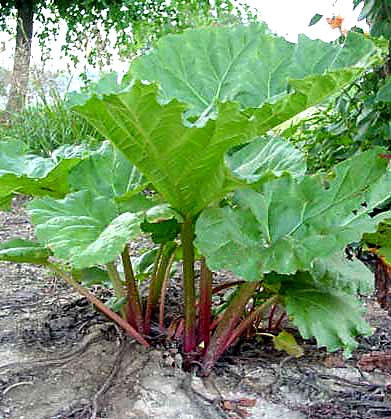Botanical Description:
Scientific Name: Polygonatum spp.
Common Names: Solomon’s Seal, Sealwort
Description:
Solomon’s Seal (Polygonatum spp.) is a perennial herb with a long history of use in traditional medicine. Known for its distinctive rhizomes and arching stems, Solomon’s Seal has been valued for its potential therapeutic properties. Explore the traditional uses, constituents, and applications of Solomon’s Seal in this Materia Medica.
Disclaimer:
This Materia Medica is provided for informational purposes only and should not replace professional medical advice. Please consult with a qualified healthcare practitioner or herbalist before using any herbal remedies.
Therapeutic Actions:
- Joint Support:
- Solomon’s Seal is traditionally used for joint support, potentially easing discomfort and promoting flexibility.
- Anti-Inflammatory:
- It is recognized for its anti-inflammatory properties, contributing to its role in addressing conditions associated with inflammation.
- Wound Healing:
- Solomon’s Seal is applied topically for potential wound-healing effects, promoting skin regeneration.
- Respiratory Health:
- Some traditional uses include Solomon’s Seal for respiratory health, addressing conditions like coughs and lung congestion.
Constituents:
- Saponins:
- Presence of saponins contributes to potential anti-inflammatory and immune-modulating effects.
- Flavonoids:
- Flavonoids in Solomon’s Seal may have antioxidant properties, contributing to its overall therapeutic benefits.
- Polysaccharides:
- Polysaccharides may play a role in immune system modulation and potential wound-healing effects.
Traditional Uses:
- Joint Conditions:
- Solomon’s Seal is traditionally used for joint conditions, including arthritis and general joint discomfort.
- Muscle Strains:
- It is applied topically for muscle strains and injuries, potentially aiding in recovery.
- Respiratory Support:
- Some traditional applications include Solomon’s Seal for respiratory support, particularly in addressing coughs and respiratory congestion.
Dosage and Preparation:
- Infusions or Decoctions:
- Infusions or decoctions made from Solomon’s Seal rhizomes are common. Dosage may vary, and it’s essential to follow recommended guidelines.
- Topical Applications:
- Solomon’s Seal salves or poultices are used topically for wound healing and joint support.
Cautions and Considerations:
- Pregnancy and Breastfeeding:
- Safety during pregnancy and breastfeeding is not well-established, and consultation with a healthcare professional is recommended.
- Allergies:
- Individuals with known allergies to Solomon’s Seal or related plants should exercise caution.
- Internal Use:
- Internal use of Solomon’s Seal should be approached with caution, especially for extended periods. Consultation with a healthcare professional is advised.
Conclusion:
Solomon’s Seal, with its unique rhizomes and arching stems, holds a valued place in traditional herbal medicine. Recognized for its potential benefits in joint support, anti-inflammatory effects, and wound healing, Solomon’s Seal offers a versatile range of applications. This Exhaustive Materia Medica aims to provide comprehensive insights into Solomon’s Seal’s botanical description, therapeutic actions, constituents, traditional uses, dosage, precautions, and applications. For personalized guidance, consultation with healthcare professionals or herbalists is recommended to ensure safe and effective utilization of Solomon’s Seal as a herbal remedy.





